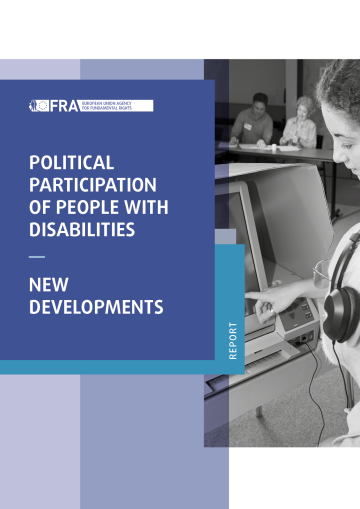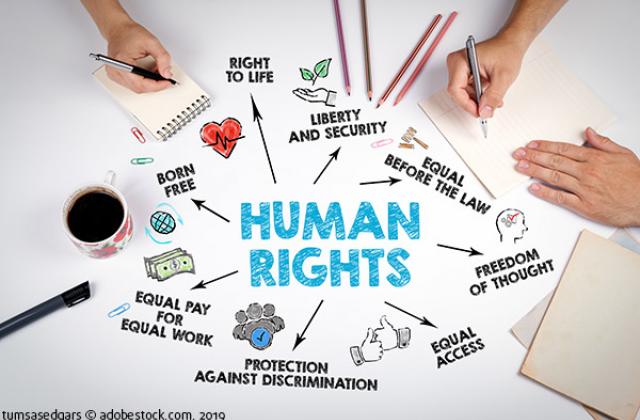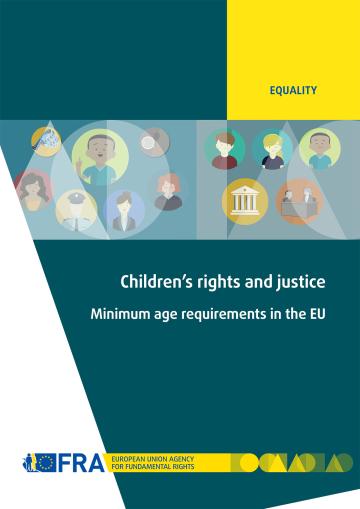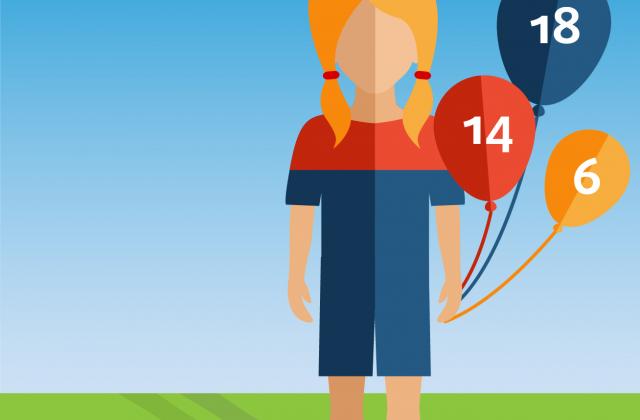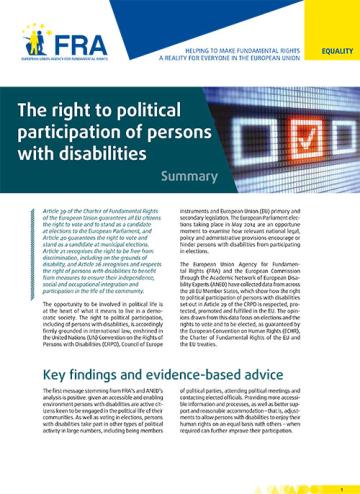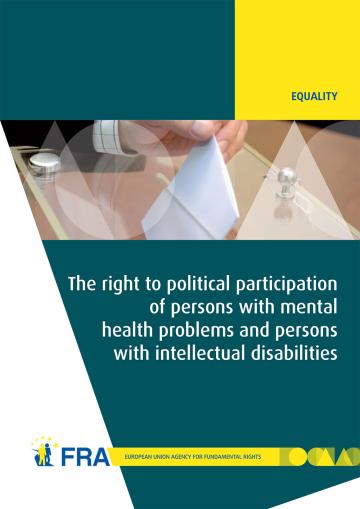Articolul 36(1) Cetatenii au drept de vot de la vârsta de 18 ani, împliniti pâna în ziua alegerilor inclusiv.(2) Nu au drept de vot debilii sau alienatii mintal, pusi sub interdictie, si nici persoanele condamnate, prin hotarâre judecatoreasca definitiva, la pierderea drepturilor electorale.Articolul 37 (1) Au dreptul de a fi alesi cetatenii cu drept de vot care îndeplinesc conditiile prevazute în articolul 16 alineatul (3), daca nu le este interzisa asocierea în partide politice, potrivit articolului 40 alineatul (3). (2) Candidatii trebuie sa fi împlinit, pâna în ziua alegerilor inclusiv, vârsta de cel putin 23 de ani pentru a fi alesi în Camera Deputatilor sau în organele administratiei publice locale, vârsta de cel putin 33 de ani pentru a fi alesi în Senat si vârsta de cel putin 35 de ani pentru a fi alesi în functia de Presedinte al României.Articolul 38În conditiile aderarii României la Uniunea Europeana, cetatenii români au dreptul de a alege si de a fi alesi în Parlamentul European.Articolul 62(1) Camera Deputatilor si Senatul sunt alese prin vot universal, egal, direct, secret si liber exprimat, potrivit legii electorale. (2) Organizatiile cetatenilor apartinând minoritatilor nationale, care nu întrunesc în alegeri numarul de voturi pentru a fi reprezentate în Parlament, au dreptul la câte un loc de deputat, în conditiile legii electorale. Cetatenii unei minoritati nationale pot fi reprezentati numai de o singura organizatie. (3) Numarul deputatilor si al senatorilor se stabileste prin legea electorala, în raport cu populatia tarii.Articolul 81(1) Presedintele României este ales prin vot universal, egal, direct, secret si liber exprimat.(2) Este declarat ales candidatul care a întrunit, în primul tur de scrutin, majoritatea de voturi ale alegatorilor înscrisi în listele electorale. (3) În cazul în care nici unul dintre candidati nu a întrunit aceasta majoritate, se organizeaza al doilea tur de scrutin, între primii doi candidati stabiliti în ordinea numarului de voturi obtinute în primul tur. Este declarat ales candidatul care a obtinut cel mai mare numar de voturi. (4) Nici o persoana nu poate îndeplini functia de Presedinte al României decât pentru cel mult doua mandate. Acestea pot fi si succesive.



